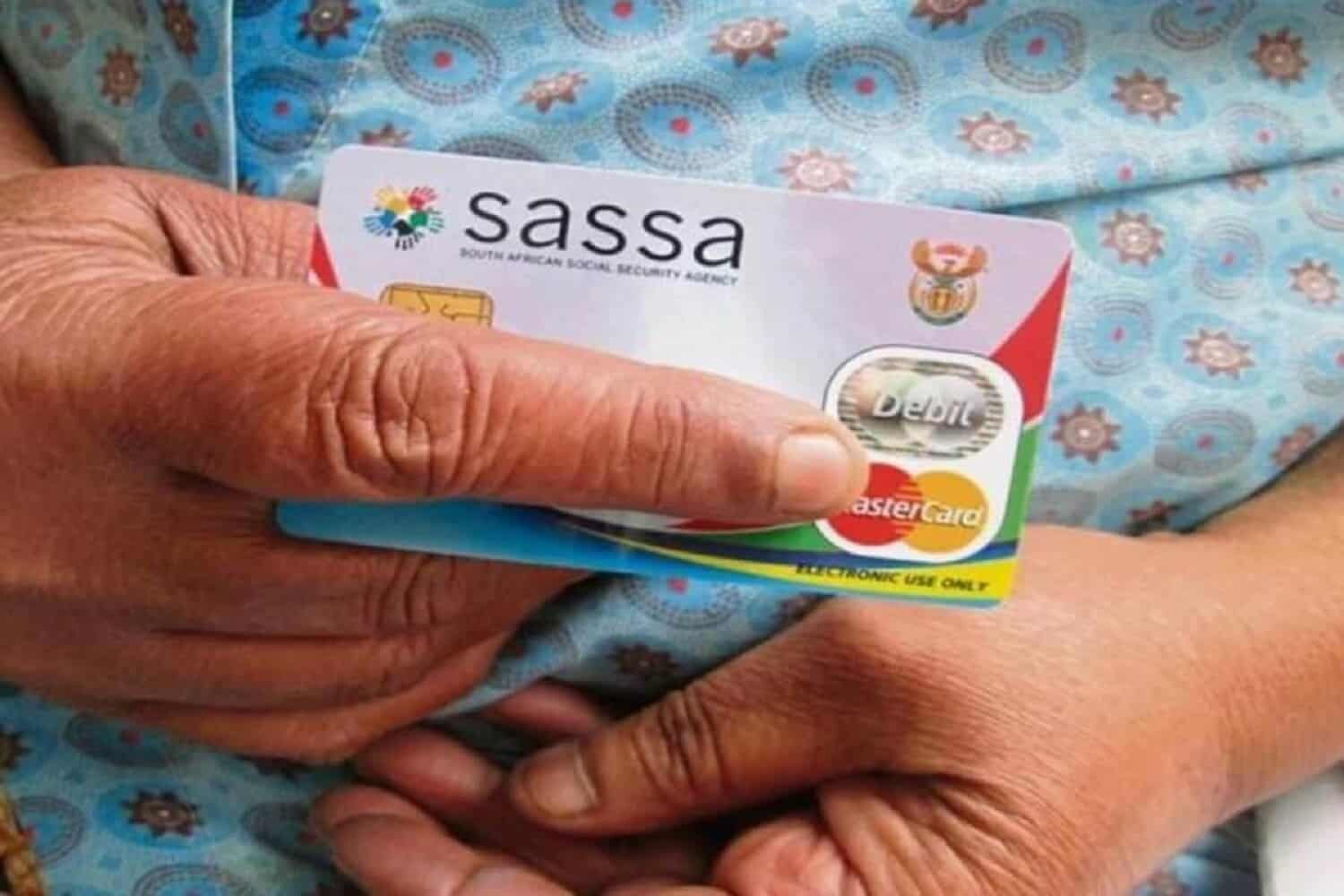It further highlighted that many elderly South Africans lack digital literacy and struggle to use ATMs or electronic systems confidently.

The Portfolio Committee on Social Development has raised alarm over the growing hardships faced by South African Social Security Agency (Sassa) elderly social grant recipients in eMandeni, KwaZulu-Natal, following the phasing out of traditional pay points.
During a public engagement meeting on Wednesday, senior citizens expressed deep frustration about the transportation difficulties and safety risks they encounter when collecting their monthly social grants from banks, ATMs, and retail stores.
Can’t afford to travel
According to the committee, an overwhelming number of older persons attended the session to share their concerns about the accessibility and safety of the new payment system.
Many explained that the former pay points had provided a reliable and nearby service, one that has since been replaced with long and costly trips to distant towns.
“Many of these elderly beneficiaries are struggling to travel to banks or ATMs, as the transport costs are simply unaffordable on a grant income,” the committee noted.
Residents also described the daily risks of travelling with cash and the fear of being robbed when collecting their money in public spaces.
ALSO READ: Sassa fixes social grant payment glitch affecting Capitec users
Loss of dignity and accessibility
The committee expressed concern that the phasing out of pay points has not only made access to grants more difficult but has also eroded the dignity of recipients, particularly those living in remote rural areas.
It further highlighted that many elderly South Africans lack digital literacy and struggle to use ATMs or electronic systems confidently.
“The phasing out of pay points is undermining the accessibility and dignity of social grant distribution, especially in vulnerable and rural communities,” the committee said.
Committee Chairperson Bridget Masango confirmed that Parliament will urgently engage the minister of Social Development and Sassa to develop “workable and sustainable solutions” to ease the challenges experienced by grant recipients.
“The goal is to ensure that all grant recipients, particularly those in rural or underserved areas, can continue to receive their social assistance in a manner that is safe, dignified, and convenient,” said Masango.
ALSO READ: Committee urges government to fix systemic failures in social development
New payment model in development
Social Development has already instructed Sassa to develop alternative delivery models aimed at improving access to both applications and payments of social grants in the 2025/2026 financial year.
These models will prioritise beneficiaries living in rural areas.
Sassa also reported progress in implementing the Alternative Payment Access (APA) solution, which seeks to reduce travel distances for beneficiaries who use the National Payment System.
“The APA solution will empower local small businesses to facilitate transactions through Point of Sale (POS) devices,” Sassa said.
“This will allow beneficiaries to purchase goods, access cash, and obtain essential services conveniently within their own communities.”
Oversight visit continues
The committee’s visit to eMandeni forms part of a three-day oversight programme in KwaZulu-Natal.
It will also meet with the National Development Agency (NDA) to assess its role in supporting civil society organisations through grant funding and capacity-building support.
Special focus will be given to organisations that contribute to poverty eradication and job creation, particularly those serving youth, persons with disabilities, and others who depend on or qualify for social grants.
NOW READ: These are the Sassa social grants payment dates for November






